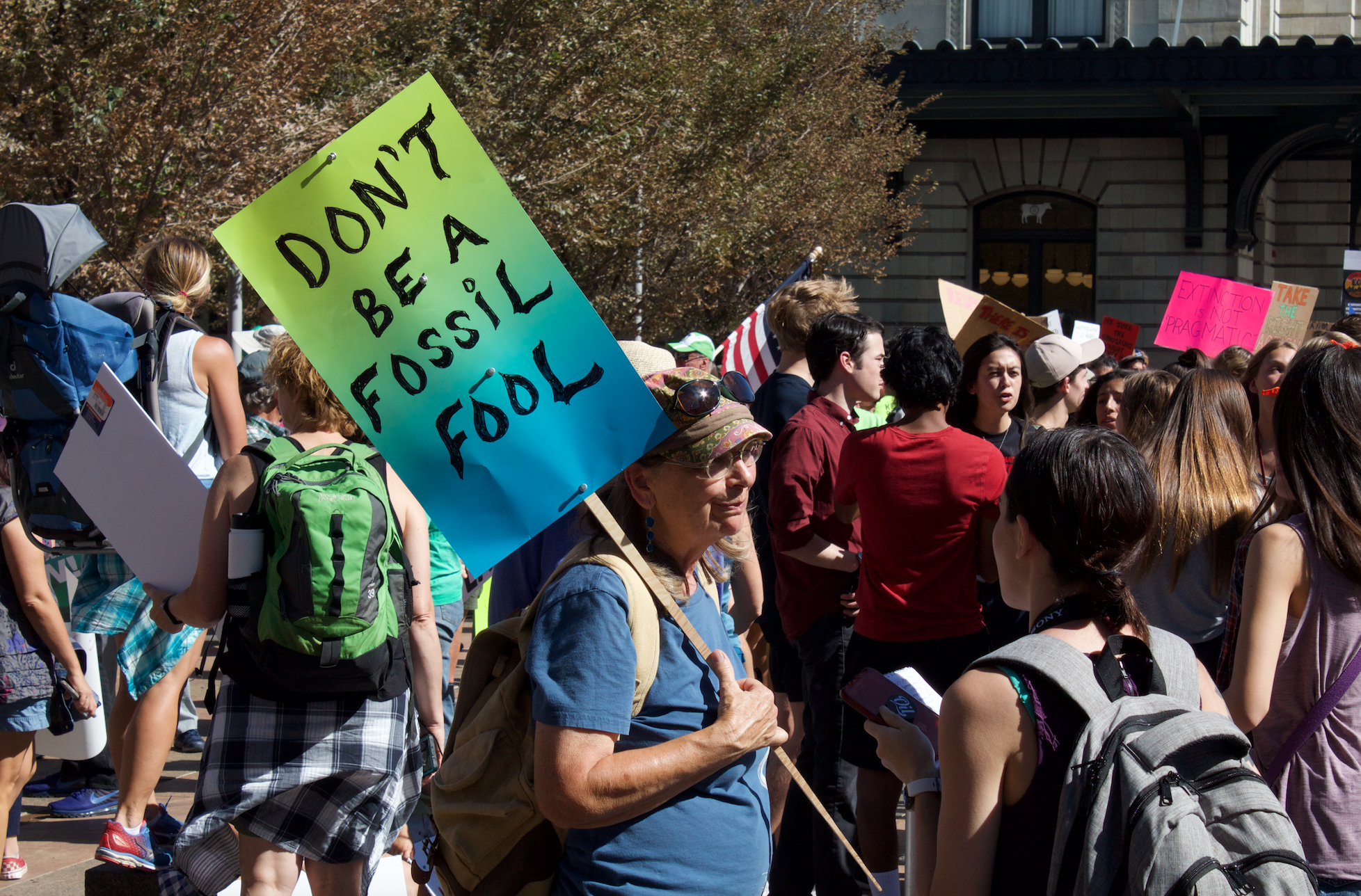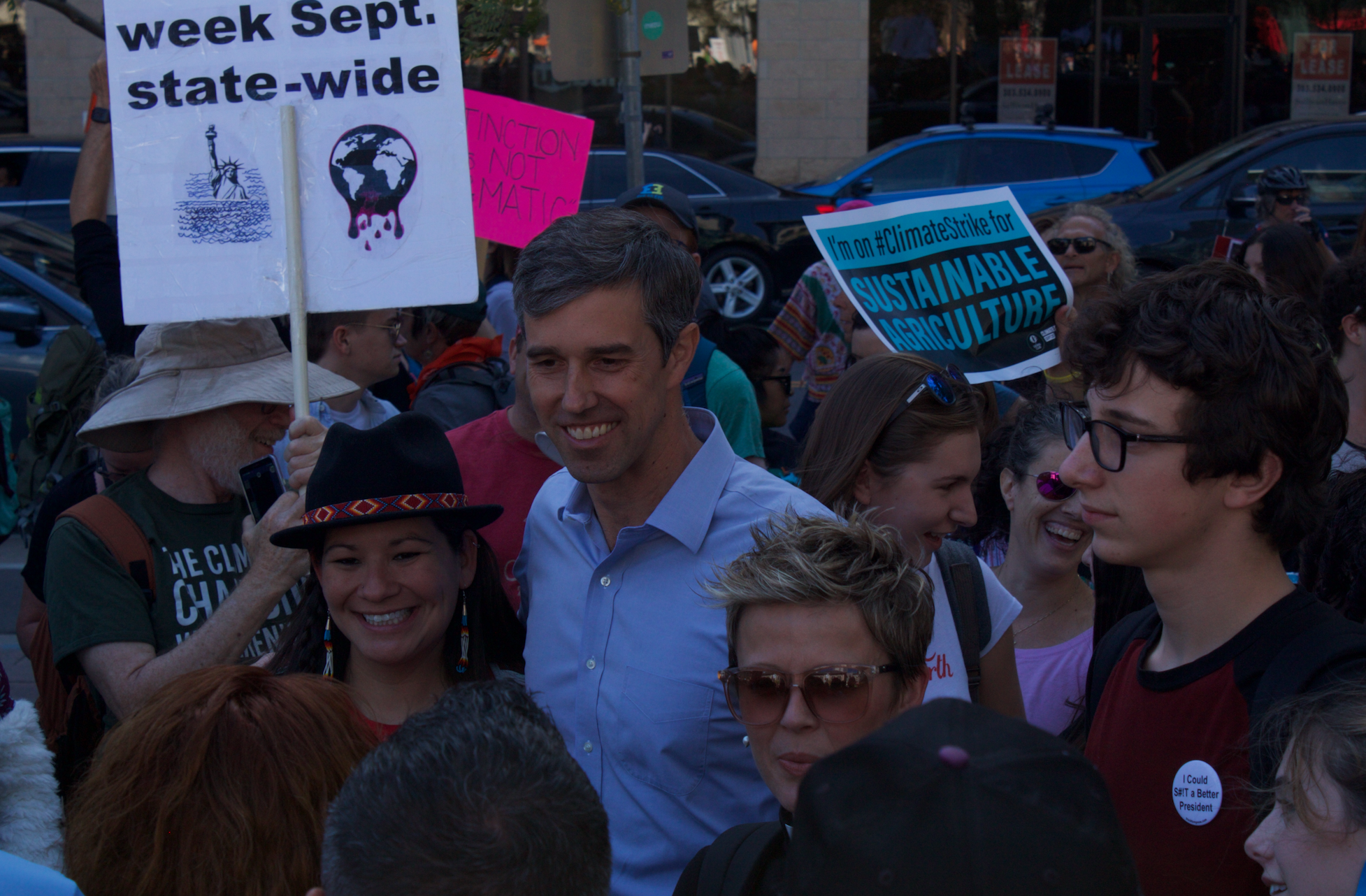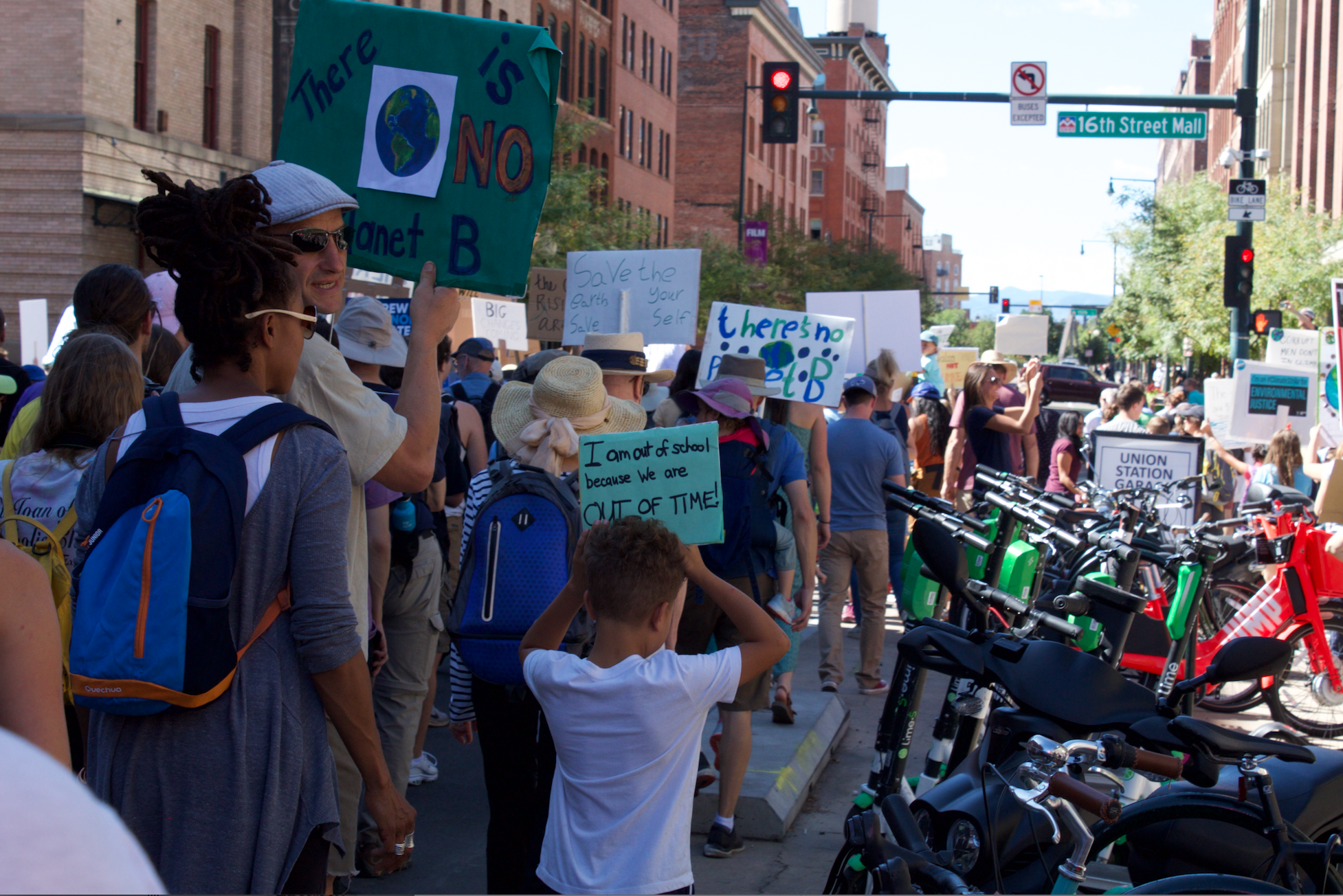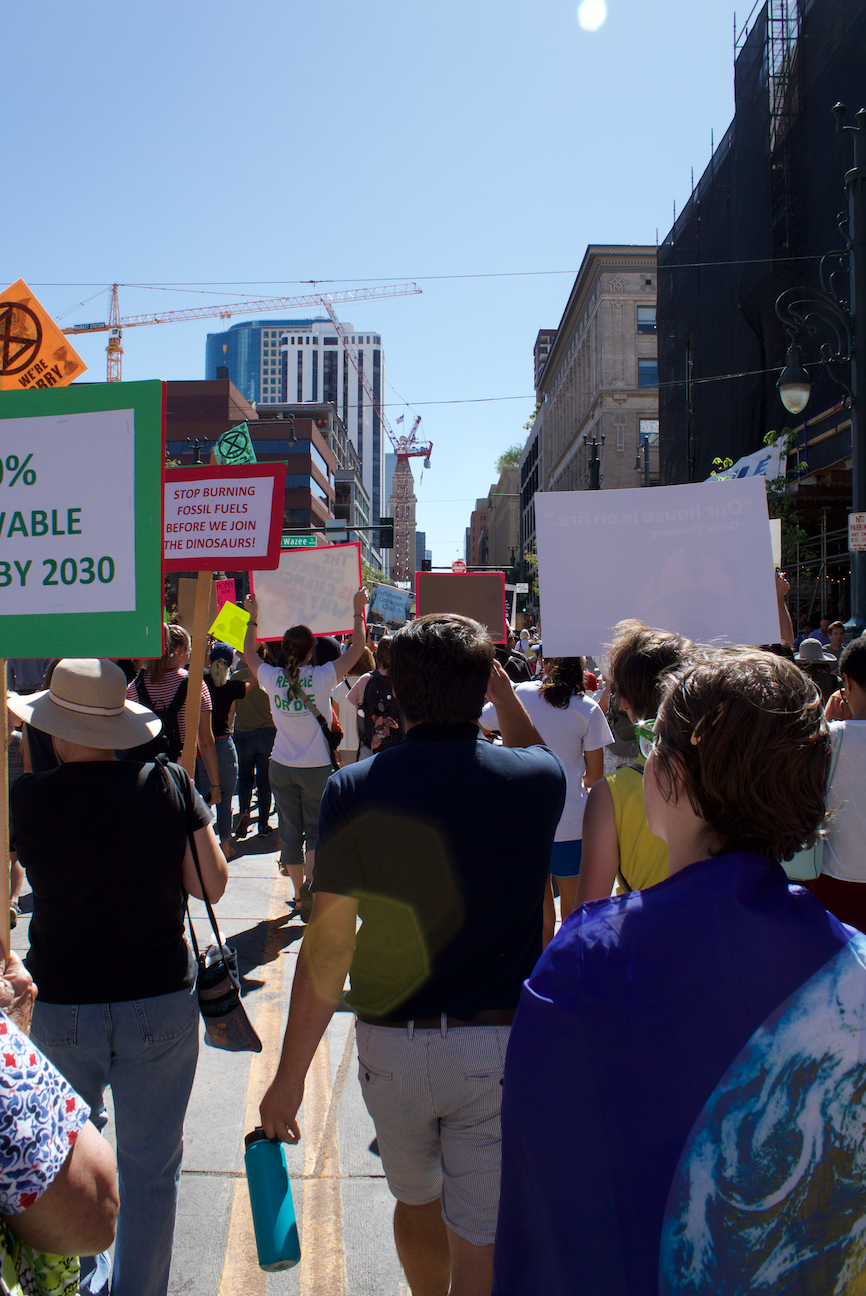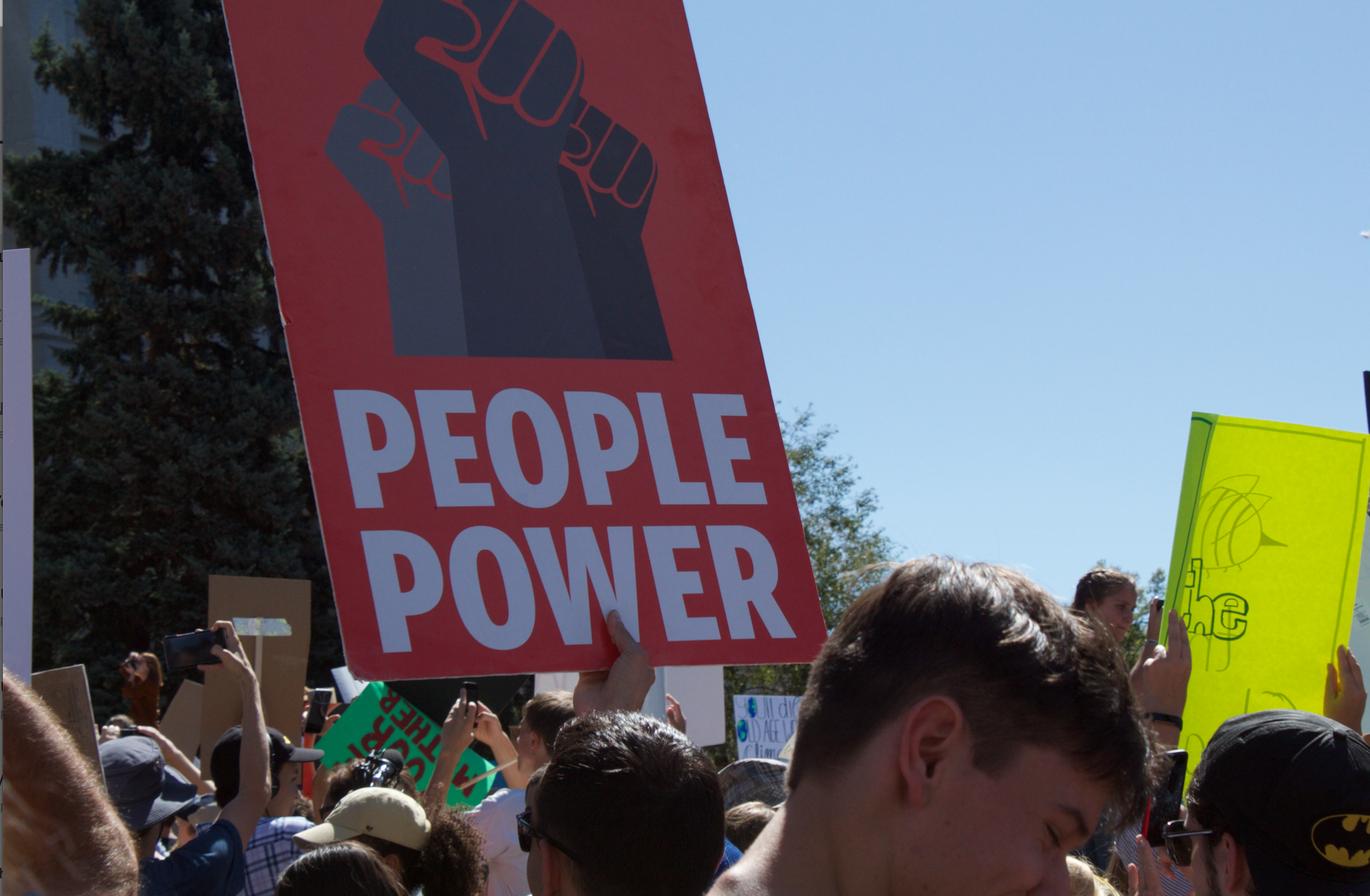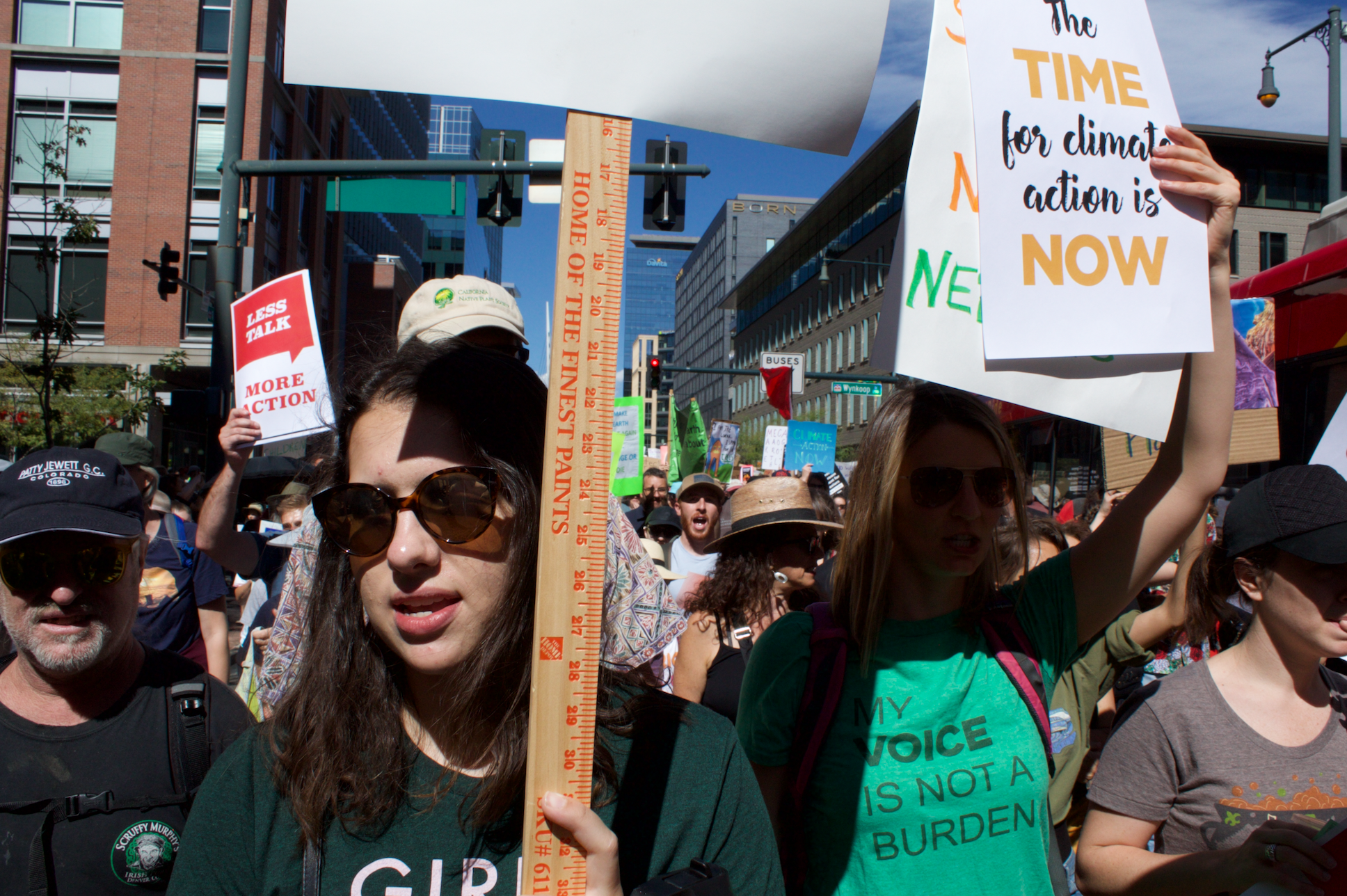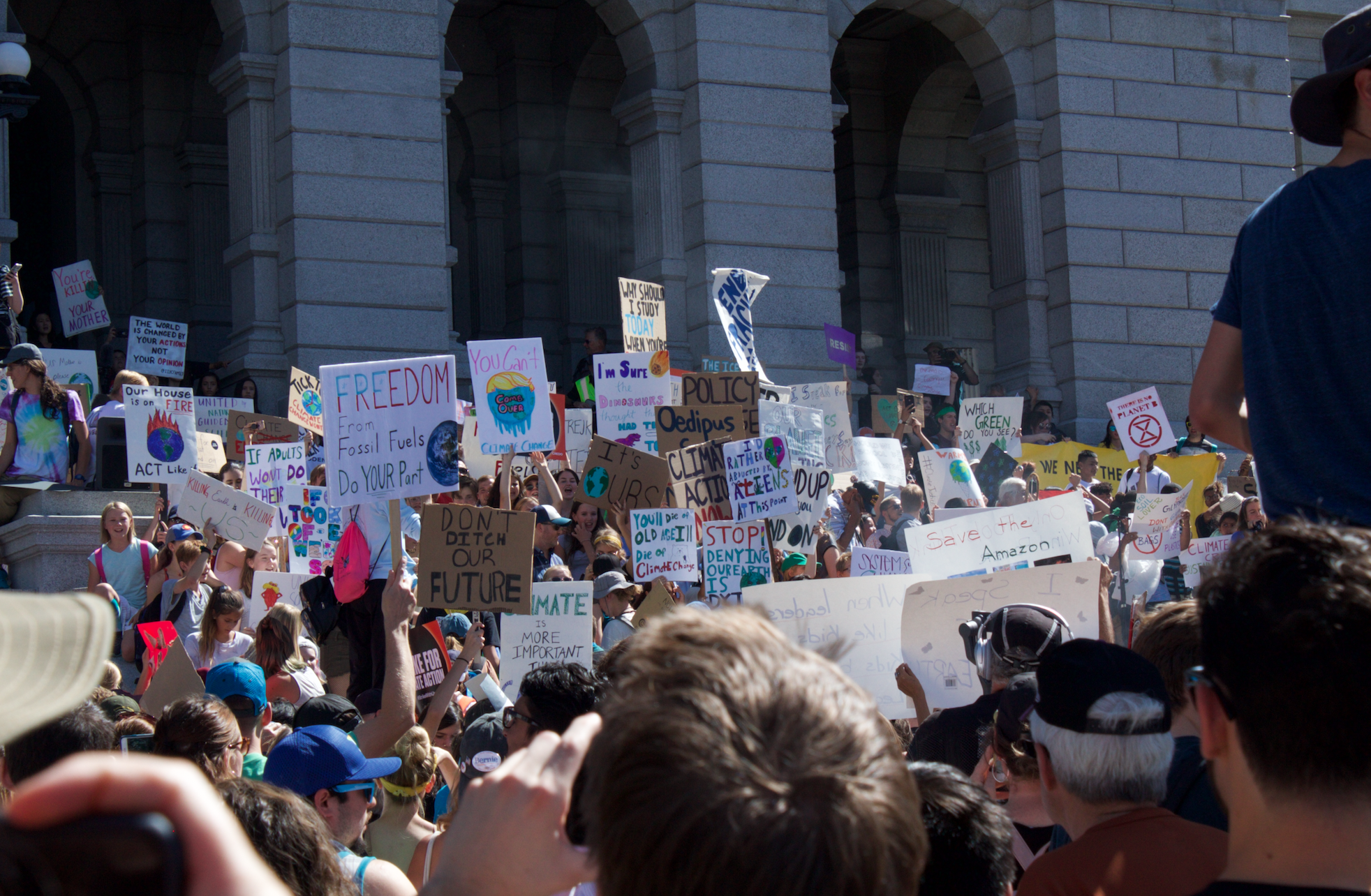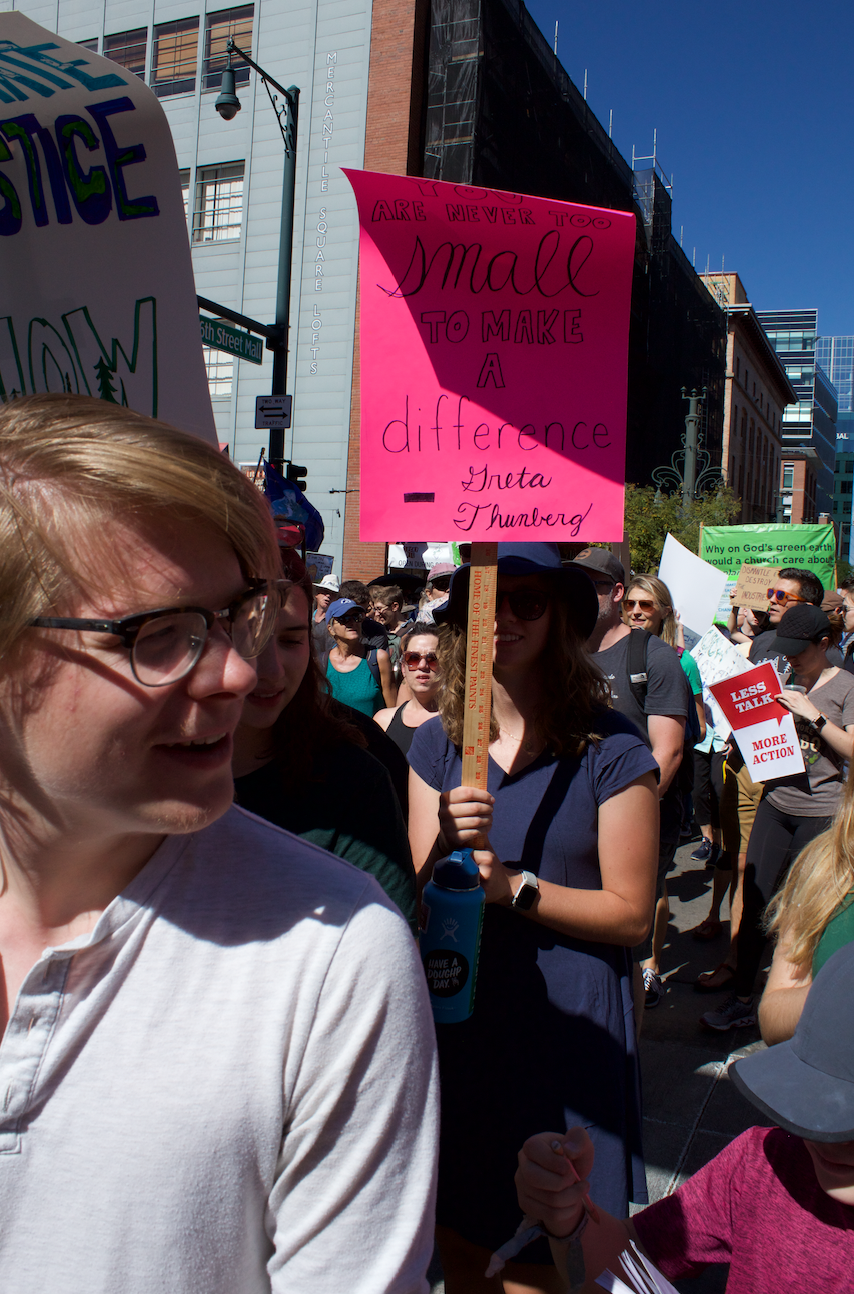COVID-19 pandemic caused the shut down of the majority of businesses as well as the dramatic decrease of fossil fuels exploitation. Waste-emission was practically ended because hundreds of thousands of factories stopped working, millions of vehicles stopped operating, which helped improve air quality in many places across the planet. Even the carbon emission was dramatically dropped globally. In short, all the measures in an effort to prevent the COVID-19 pandemic have had a positive impact on the climate and the environment within such a short time. But will this pandemic have a positive or negative impact in the long terms?
Short-term positivity, long-term negativity
COVID-19 was, and is, an obvious catastrophe: overflown hospitals, increasing unemployment rate due to economic recession, etc. This pandemic crisis is also a turning point for another upcoming global crisis, which happens slowly but affects deeply. U.N. Secretary-General Antonio Guterrres stated: “Whilst the disease is expected to be temporary, climate change has been a phenomenon for many years, and will remain with us for decades and require constant action.”
Our reaction toward this pandemic will be the precursor for the climate change crisis in the upcoming decades. Efforts in recovering the economy – including economic boost policy, aiding funds, and programs for unemployment – will contribute in the shaping of the future economy and stabilize people’s lives. However, the carbon emission amount will undoubtedly remain on this planet for the next thousands of years to come.
Changes in individual consumerism are not enough
It has been suggested that COVID-19 will be the main catalyst for the shift from consumerism to other concerns regarding climate change. However, quarantine and social distancing even contribute to an increase in consumerism since everyone rushes to grocery stores and stock up necessities. This is an iconic behavior of consumerism – the reason behind climate change.
Changes in individual consumption habits make people think that this is actually a positive sign for the environment. Some thought that after stocking up all the necessities, people might stop buying things uncontrollably. Changes in personal habits, especially in countries that have low consumption per capita, can lead to a lower waste emission. Nevertheless, this could only be a temporary consequence of peer pressures.
To make a better impact on decreasing global waste emission, changes in consumerism should not be limited at a personal scale, it needs to expand to a systemic scale. In China, a 25% decrease of waste emission was not because a person decided not to buy more toilet paper than needed, but because of the shutdown of industrial factories.
COVID-19 is still a catastrophe to climate
1. A declination in temporary waste emission.
According to Trafigura, a Singapore-based multinational commodity trading company, COVID-19 could cause the lowest oil demand in history, approximately 10 million b/d. This would have been good news for global pollution, however, it could signal a catastrophe because no one could guarantee whether the waste emission from oil consumption can still be maintained at such a low rate in the future. After such a long period of lockdown and social distancing, the economy will continue to operate, manufacturers will be recovered, and thus the pollution rate will increase again.
2. A delay in shifting from traditional energy sources to renewable energy.
The Economic recession due to COVID-19 has delayed the shift from traditional energy sources to renewable sources. Lockdown caused the markets and companies to close, which made some companies unable to maintain their budget for renewable energy projects such as solar panels and wind turbine installation.
Suggestions for new projects have also been pushed back due to the discontinuation of the global supply chain (the majority of solar panels and wind turbines are produced in China). Bloomberg NEF, a strategic research provider covering global commodity markets and disruptive technologies driving the transition to a low-carbon economy, has lowered their expectations for the year 2020 in regards to the solar energy and electric vehicles market, indicating a deferral in the process of renewable energy shifting from traditional energy sources.

